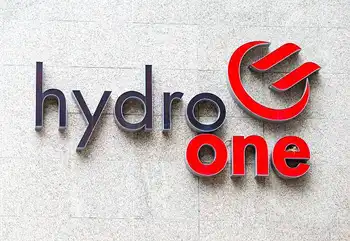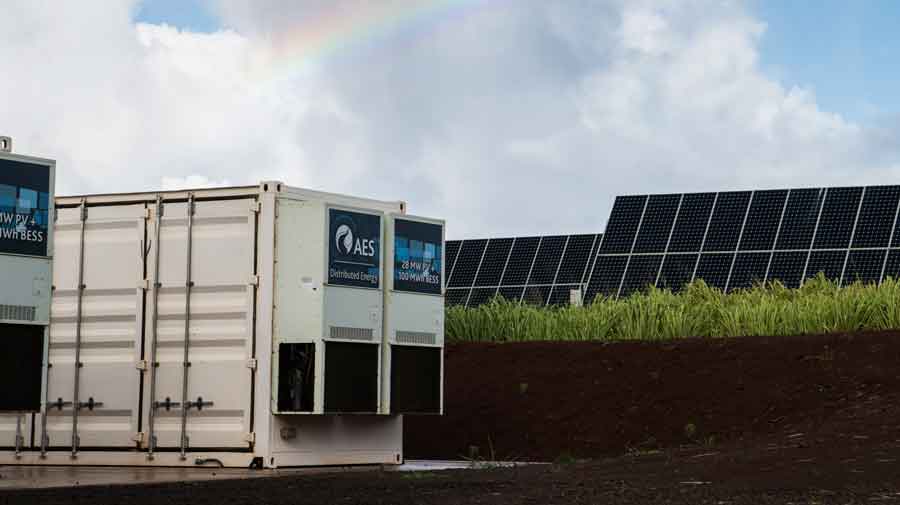Canadian Solar targets output boost
By Reuters
NFPA 70b Training - Electrical Maintenance
Our customized live online or in‑person group training can be delivered to your staff at your location.

- Live Online
- 12 hours Instructor-led
- Group Training Available
The Chinese maker of solar energy products had suspended its expansion plans due to the economic downturn but the market was now warming up, Shawn Qu told Reuters in an interview, and it could decide to boost output even further later in the year.
"We expect the demand to show an obvious pick-up in the second half of the year," said Qu. "Shipments in the second quarter are set to at least double from the first quarter, and the third quarter will be even better."
Canadian Solar plans to add more than 2,000 employees to its existing staff of 3,000 by the end of August, almost doubling the workforce from the end of last year.
"We were producing a little short of full capacity for cell and module in the first and second quarters, therefore we need to hire more hands to make full use of the capacities," said Qu.
Solar manufacturers have been hit hard by the sharp decline in prices for photovoltaic products because the credit crunch put new projects on ice just as new supplies hit the market, while suppliers also have to cope with fluctuating silicon prices.
Governments in various countries, including China and the United States, have announced plans to help develop renewable energy, such as solar and wind power.
China is preparing a renewable energy stimulus package, and is expected to raise its solar power generation target for 2020 by at least fivefold, although it will remain a much smaller player in China's power mix than wind and nuclear.
Beijing has also announced a plan to subsidize solar power projects fixed on rooftops with a capacity of more than 50 kilowatt peak (KWp) for 20 yuan (US $2.9) per watt peak (Wp).
Canadian Solar has submitted an application for a number of projects to be considered for the subsidy and plans to submit more projects in the next batch in August.
"The government has not announced approvals on the projects submitted in the first batch, and it's hard to forecast when such projects would start to contribute to the company's performance," Qu said.
A number of industry officials have said that although the plan is a positive sign that the government is willing to support the solar industry, it is hard to implement due to a lack of detailed guidance.
China's help for the renewables sector may include a feed-in tariff — a way of forcing electricity grids to pay more for cleaner sources of energy, which is already used in Germany and Spain.
Chinese media reports have said Beijing is planning to launch a preferential feed-in tariff for solar power at 1.09 yuan per kilowatt hour (KwH).
"This would be a very challenging price this year. The government should set a more encouraging price, but not a low price," Qu said.
Several Chinese power producers have said a fair price for solar power would be 1.5 yuan per KwH. Without a guaranteed high price, solar firms may find it hard to compete.
Advocates of a high tariff for solar, however, are facing stiff opposition from among their own peers.
When solar firms and power groups bid for a large solar power station in the northwestern province of Gansu earlier this year, the lowest bid came in at 0.69 yuan per KwH, undermining claims for preferential treatment.
Canadian Solar had teamed up with top-five Chinese power firm Guodian and offered to supply power from the project at 1.43 yuan per KwH.
"When the industry is still very small, it would not help the market to grow if everyone was forced to commit to a very low price," Qu said.
By the end of 2008, solar power capacity attached to China's grid was less than 100 MW, or 0.01 percent of the total installed capacity.











